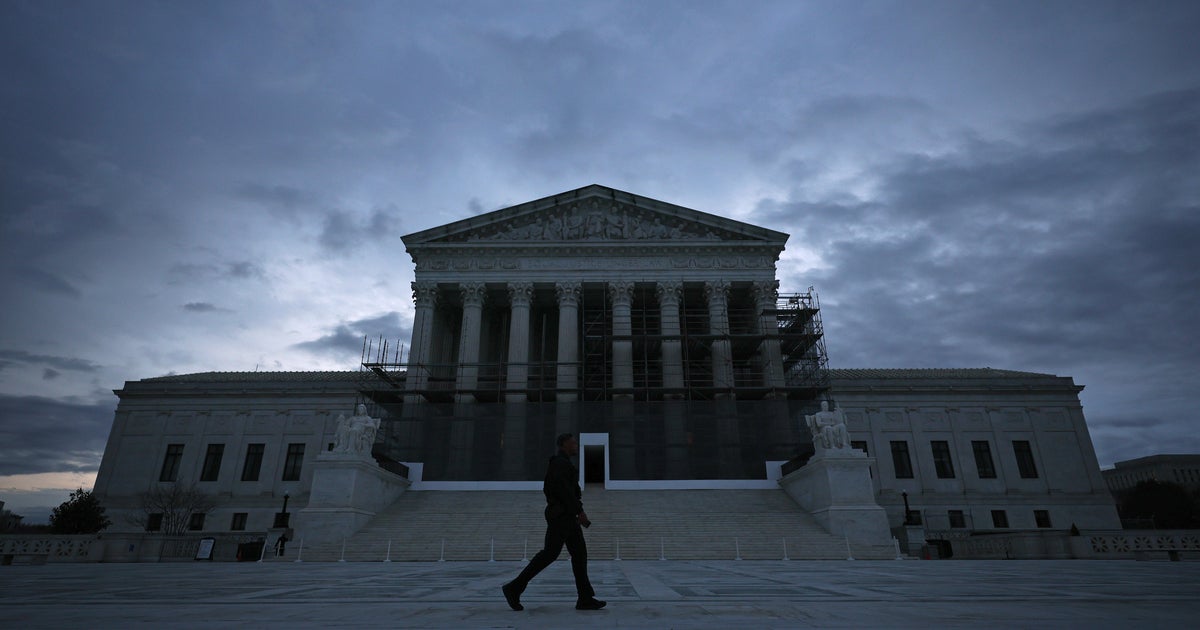The Centers for Disease Control and Prevention’s team of lead poisoning experts remained off the job Tuesday, a week after they were first laid off by Health and Human Services Secretary Robert F. Kennedy Jr.’s sweeping cuts to the nation’s public health agencies.
Cuts to the CDC’s branch responsible for investigating and preventing lead poisoning has brought multiple efforts to help local health authorities to a virtual standstill, current and laid-off agency officials say, including for lead poisoning responses that could have helped children in Milwaukee and on an American Indian reservation.
Kennedy had suggested on Thursday that eliminating the CDC’s Lead Poisoning Prevention and Surveillance Branch was a mistake. But this week, when speaking with reporters on Monday, Kennedy seemed to walk back those remarks.
“HHS is planning to continue the important work of the lead poisoning prevention and surveillance branch that works to eliminate childhood lead poisoning under the Administration for a Healthy America,” Vianca Rodriguez Feliciano, a spokesperson for the Department of Health and Human Services, told CBS News in a statement.
In Milwaukee, the city closed several schools over concerns that students were being exposed to unsafe amounts of lead. Local authorities had asked the CDC for assistance investigating and responding to the lead poisoning before Kennedy’s layoffs gutted the branch.
The CDC’s lead poisoning branch had also been in the early stages of working with a state health department and tribal officials for an American Indian reservation concerned about lead poisoning among their children, Erik Svendsen, director of the CDC’s Division of Environmental Health Science and Practice, and another official said.
“If there is a plan, it would be nice to know who will do this work. We would like to come back to the work and keep it going,” Svendsen said.
Svendsen’s division, which had housed the lead poisoning branch along with other teams working on a range of environmental health issues from natural disasters to asthma, was entirely eliminated by the layoffs, he said.
Their work had cost only around $150 million to taxpayers each year, Svendsen said, paying for around 200 full-time employees specializing in a range of environmental health issues.
While other parts of the federal government have expertise in responding to lead poisoning, multiple federal health officials said, none are specialized in the kinds of investigations and public health surveillance that the branch does.
One laid-off CDC official, who spoke on the condition of anonymity, questioned the stated rationale for the cuts. The “reduction-in-force” letters emailed to staff suggested that their work had been identified as redundant with efforts elsewhere in the federal government.
“How can it be a duplication of efforts? No one else was doing our work,” the official said. They pointed to the branch’s work heading the investigation into contaminated applesauce that poisoned hundreds of children last year.
Data used by public health authorities and researchers tracking childhood blood lead levels was also funded and gathered by the branch. Other federal departments also rely on the data, the official said.
An update with a new year of data had been in the final stages to be published, they said, before the cuts.
Beyond lead poisoning, the layoffs also disrupted plans to help North Carolina’s health department with studying the public health aftermath of Hurricane Helene, a current CDC official said, as authorities are preparing for the upcoming storm season.
“These activities are ultimately necessary to provide imminent protection of human life and to respond to significant, ongoing regional weather-related emergencies,” officials wrote in one memo circulated among CDC leaders.
Feliciano did not respond to a request for comment asking to clarify whether laid-off staff could be rehired under the new Administration for a Healthy America, or AHA, agency.
The department says AHA is supposed to combine some other parts of the CDC, like the few remaining offices at the National Institute of Occupational Safety and Health, with some other agencies like the Substance Abuse and Mental Health Services Administration.
“We didn’t cut any core programs or any critical care programs or any scientific programs. Those programs are being consolidated in a new agency that is going to make America healthy again,” Kennedy said Monday.




